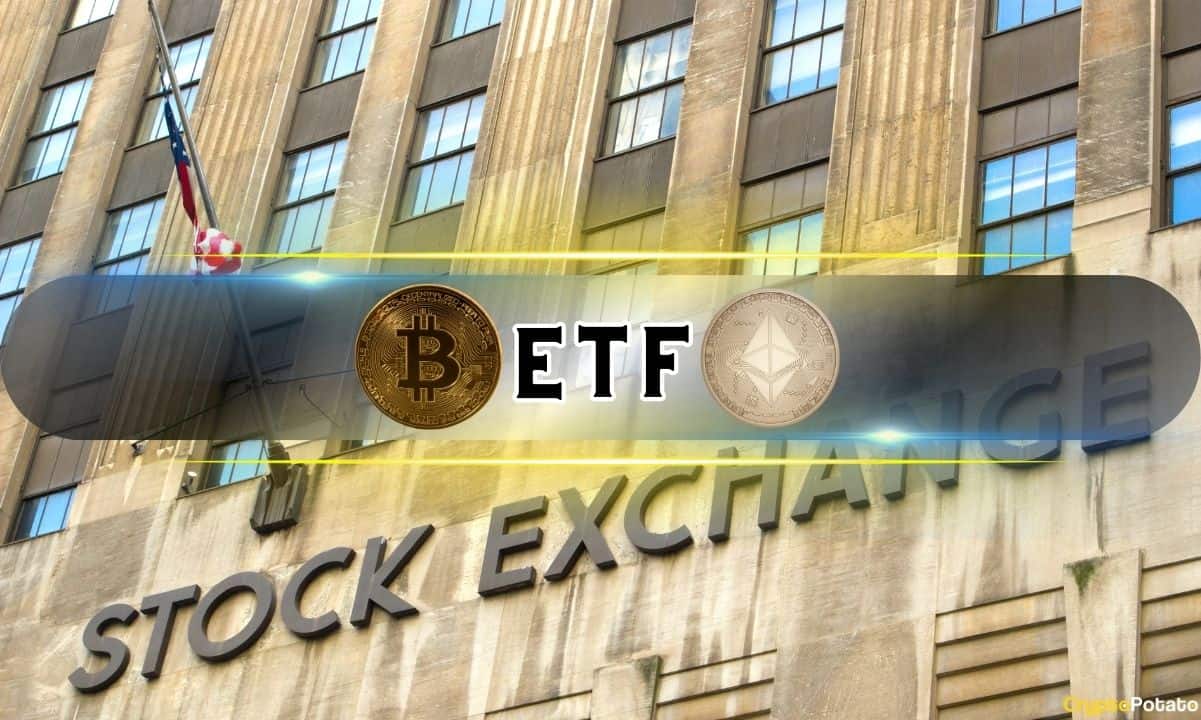Ripple Co-founder Predicts Regulatory “Sea Change” in Crypto Sector
Chris Larsen, the co-founder of Ripple, a major player in the cryptocurrency industry, has made a bold statement in a recent interview with CNBC. Larsen believes that the world of cryptocurrency is on the cusp of a regulatory “sea change,” which could have significant implications for the future of the market.
Senator Elizabeth Warren’s Impact
In his interview, Larsen takes aim at Senator Elizabeth Warren, accusing her of waging a “misguided war on crypto” that has resulted in the United States falling behind other countries in the sector. He argues that Warren’s efforts to regulate the industry have only served to stifle innovation and drive businesses away from the US.
According to Larsen, countries like Singapore and the United Kingdom have emerged as leaders in the cryptocurrency space, thanks to their more crypto-friendly regulatory environments. He points to the UK’s proactive approach to regulating digital assets and Singapore’s embrace of blockchain technology as examples of how other nations are outpacing the US in this rapidly growing industry.
Impact on American Consumers
Larsen also criticizes Warren for failing to protect American consumers from threats posed by platforms like FTX, a popular cryptocurrency exchange. He argues that regulatory clarity is needed to safeguard investors and ensure the long-term viability of the crypto market.
How This Will Affect Me?
As a cryptocurrency investor or enthusiast, the regulatory developments predicted by Chris Larsen could have a significant impact on your ability to participate in the market. Increased regulations could lead to greater stability and protection for investors, but they could also limit the potential for innovation and growth in the industry.
How This Will Affect the World?
If the US fails to keep pace with other countries in regulating cryptocurrencies, it could have far-reaching consequences for the global economy. The rise of digital assets has the potential to revolutionize the financial sector, but inconsistent or overly restrictive regulations could hinder this progress and limit the benefits of blockchain technology for people around the world.
Conclusion
Chris Larsen’s warning of a regulatory “sea change” in the crypto sector serves as a wake-up call for policymakers and industry stakeholders alike. As the world moves towards a more digital, decentralized financial system, it is crucial that regulations are developed thoughtfully and strategically to balance innovation with investor protection. The future of cryptocurrency and blockchain technology hinges on finding the right balance, and the actions taken by governments and regulators in the coming years will shape the course of this rapidly evolving industry.





